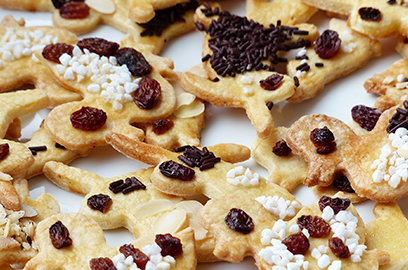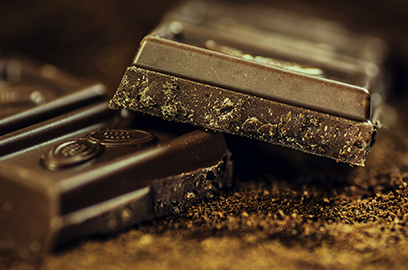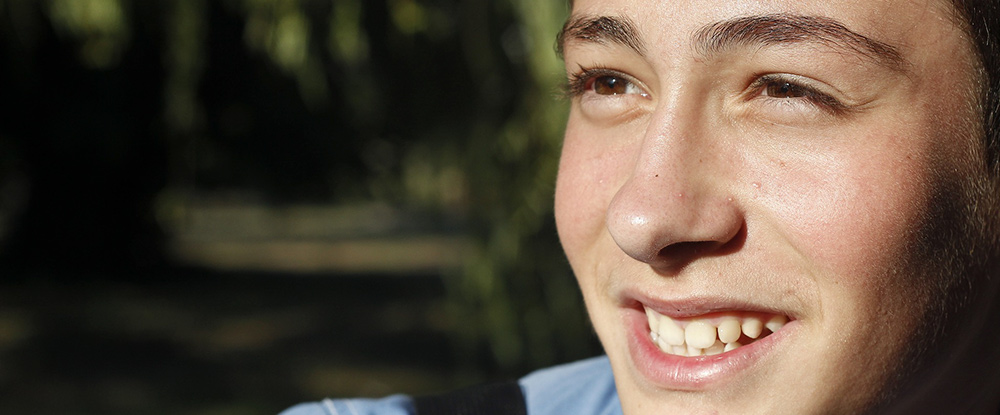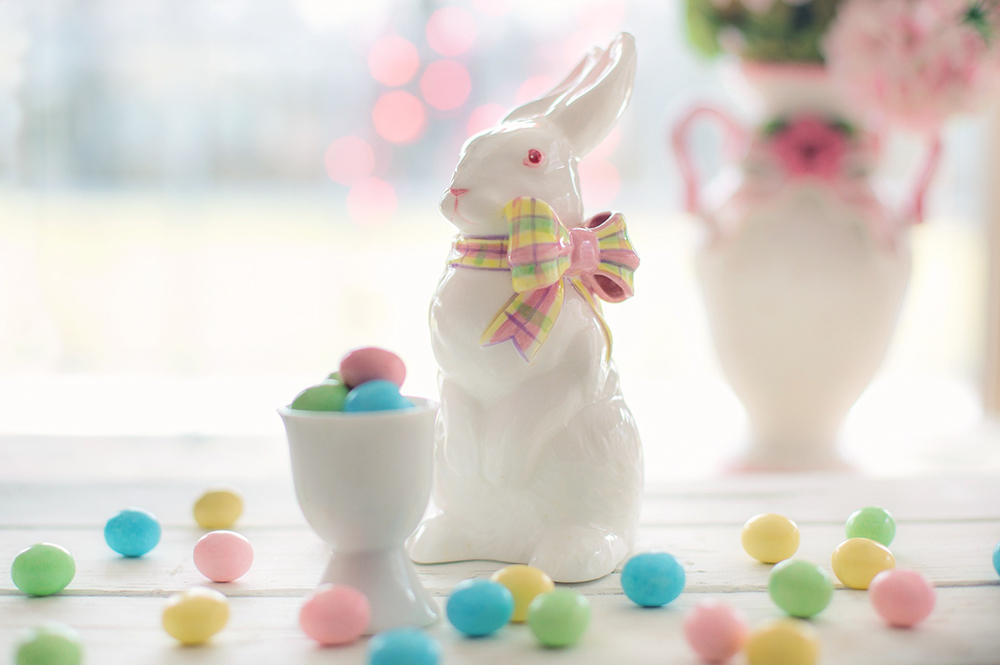If you’re like many other Australians, you might be looking forward to enjoying lots of sweet treats this Easter weekend. Easter is a time for reflection and relaxing with your family, but it does have an impact—not just on your waistline, but on your teeth.
There’s nothing wrong with celebrating the season with chocolate gifts, but it’s important to remember to take care of your oral health while you’re putting extra demand on your teeth. It’s not too big a job, if you keep a few simple things in mind—and well worth it in the long run.
Stick to your routine
Easter is a holiday period: and for many people, it means visiting family and friends, holidaying, and eating out. If your daily routine changes a lot at holiday time and you’re not at home, it’s easy to forget to brush and floss. In combination with rich meals, sugary treats and alcoholic drinks, this can be pretty hard on your teeth.
There are a few ways to overcome this problem. If you’re having trouble remembering to brush and floss, set an alarm on your phone to make sure you do it at least twice a day, in the morning and at night. If you’re not at home, or you’re spending a fair amount of time eating out, pack a travel toothbrush, toothpaste and floss set: they don’t take up a lot of room in your bag or the glove box of the car, and having them with you might help you to remember to take just a minute out of your day to look after your teeth.
Swish and chew instead
Brushing and flossing is always the best care for your teeth. But if you can’t manage to fit it in, there are a couple of alternative ways to compensate and give your teeth a little bit of protection during the chocolate season.
Chewing sugar-free gum after meals goes some of the way to minimising dental damage after eating: it neutralises the acid that your mouth produces to break down your food by stimulating the production of saliva.
But if chewing gum isn’t for you, try fluoride mouthwash. It comes in handy travel-size bottles now, so it’s easy to carry with you—so if you don’t have time to brush, you can still swig and rinse after your meal, even if you’re out at a restaurant.
Schedule your treats
 Easter’s impact on your teeth isn’t just because of what you eat: it’s also when you eat it. With sweet treats readily available in most homes over the Easter weekend, it’s easy to graze on sugary food all day long and forget to brush. This means that your teeth are exposed to sugar for long periods of time, which can cause damage quite quickly.
Easter’s impact on your teeth isn’t just because of what you eat: it’s also when you eat it. With sweet treats readily available in most homes over the Easter weekend, it’s easy to graze on sugary food all day long and forget to brush. This means that your teeth are exposed to sugar for long periods of time, which can cause damage quite quickly.
Instead of indulging consistently throughout the day, think about only eating sweets at certain times of the day, like after a main meal, and remember to brush afterwards. This limits the amount of time that there’s sugar attacking your enamel.
Softer is better
One of the most frequent problems dentists treat over the Easter period is broken fillings. Hard sweets like boiled candy, caramels and toffees are the main culprits in dental cracks and breaks. Sticky sweets are also harder to rinse away, so your teeth are exposed to sugar for longer periods of time when you eat them. Choosing softer chocolates and pralines could be a much safer option, especially if you’ve had dental repairs in the past or you have fillings that are quite old.
Softer is also better when it comes to your toothbrush. Don’t make the mistake of damaging your tooth enamel by scrubbing to roughly with a hard toothbrush: soft bristles and gentle, circular motions are enough to get your teeth clean.
Savour the less sweet
 If you haven’t tried it before, this Easter could be your time to embrace dark chocolate as a healthier alternative to milk chocolate. The first reason to consider it is that (in most cases) it has comparably less sugar, which makes it arguably less likely to cause decay. It’s also said to be more satisfying, so it’ll satisfy your sweet tooth in a smaller volume—and with a smaller impact on your teeth and your body.
If you haven’t tried it before, this Easter could be your time to embrace dark chocolate as a healthier alternative to milk chocolate. The first reason to consider it is that (in most cases) it has comparably less sugar, which makes it arguably less likely to cause decay. It’s also said to be more satisfying, so it’ll satisfy your sweet tooth in a smaller volume—and with a smaller impact on your teeth and your body.
For the health conscious, dark chocolate also supposedly contains antioxidants, which is another good reason to enjoy a few squares if you don’t have enough already.
Swig plenty of water
If you’re holidaying or enjoying meals out over the Easter period, your teeth might be feeling the impact as much as your body will be in a week or two. Most people tend to consume more soft drinks, coffee, juices, and alcoholic drinks when they’re on holidays; in combination with sugary Easter treats, the acidity in these drinks is a recipe for staining and damaging tooth enamel and causing cavities.
One of the best ways to combat this holiday habit is by drinking more water. Rinsing with water helps to wash away excess sugar and acid from eating rich and sweet foods.
See to your smile

Are you due for a check up? Preventative dental care is an important part of your general health, and there’s no better time to see your dentist than after a holiday season like Easter to bring your smile back to bright.
No doubt you’ll be ready to detox after Easter. Make proper routine dental care part of your refresh, along with regular brushing and flossing, drinking plenty of water, and eating nutritious food.
For the best preventative dental, and for sophisticated dental repairs and treatment, contact Proactive Dental. Our highly skilled professionals will be happy to help you get back on track with your oral care, and looking good for the next holiday season.

